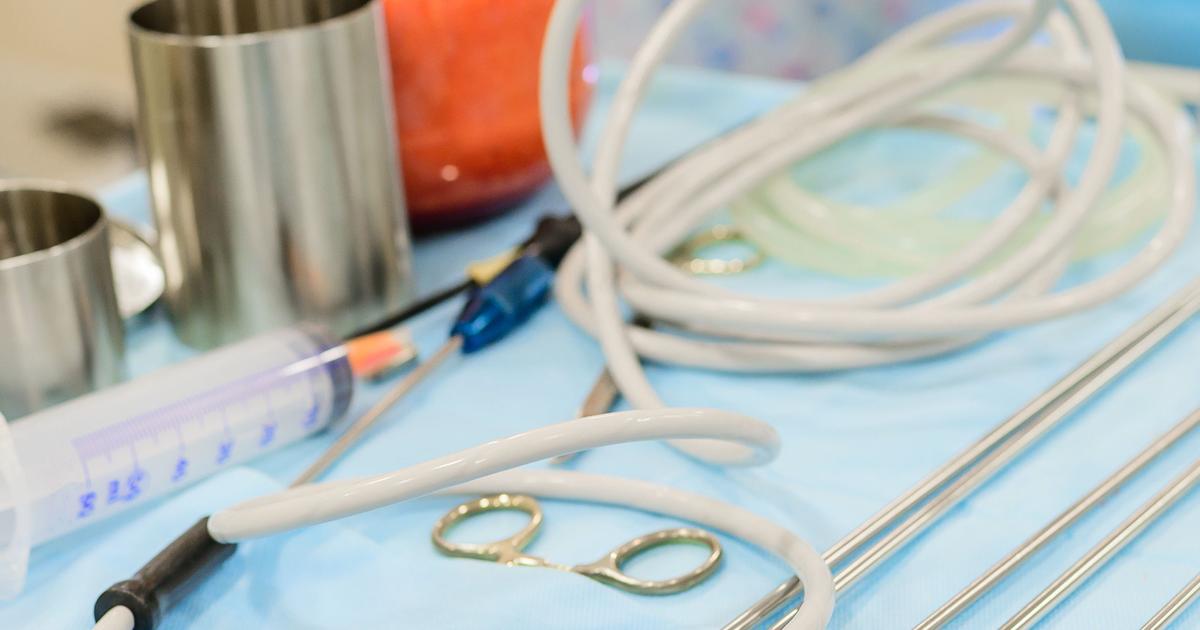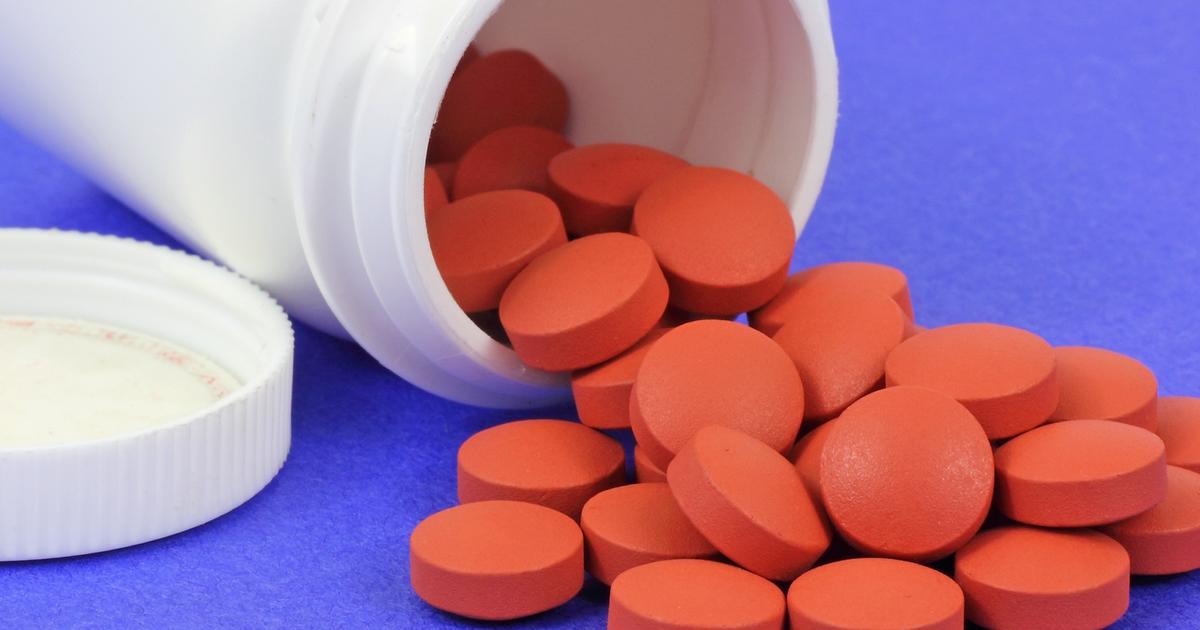What Is Liposuction?
Liposuction is a type of surgery that breaks up adipose tissue (fat) in an individual's body and then removes it. Liposuction is also referred to as lipoplasty, lipectomy, liposculpture suction, or lipo in the medical community. This type of cosmetic surgical procedure is most often utilized to remove fat from an individual's back, calves, abdomen, buttocks, thighs, chin, upper arms, neck, and back of the arms. Currently, liposuction is the most common cosmetic surgical procedure performed in the United States, with over 300,000 procedures administered annually. Liposuction is not effective for the removal of dimples, stretch marks, or cellulite. Liposuction permanently extracts fat from the body, but there are limits to the quantity of fat that can be safely extracted.
Learn all about liposuction now.
How The Procedure Works

An individual who is undergoing liposuction will receive general anesthesia or an epidural so they do not feel any pain or discomfort during the surgery. One of many techniques will be utilized to remove the targeted fat tissue on the body. With tumescent liposuction, epinephrine, lidocaine, and saline are injected below the skin into the region to be treated before the fat is suctioned from the body with the cannula. This method helps soften the fatty tissue and minimize the amount of blood vessel damage. Ultrasound-assisted liposuction is a method where ultrasound energizes the cannula used to melt the fat upon contact. This method works by using ultrasound vibrations to rupture to the membranes of the fat cells so they liquefy and are easier to suction from the body. Power-assisted liposuction is a method that uses a mechanical back and forth motion to break up the fat before it is suctioned from the body. A combination of these techniques may be used depending on the part of the body being treated.
Keep reading to learn about preparing for the procedure next.
Preparing For The Procedure

Liposuction requires some preparation steps like any other surgical procedure. Arrangements should be made for a friend or family member to transport the patient to and from the facility where they will have their procedure. It is recommended that a patient undergoing liposuction should avoid shaving the area to be treated for a week before their procedure date. Drinking alcoholic beverages and smoking are activities that should also be avoided during the week leading up to a patient's procedure, as they can increase the risk of post-surgical complications. An individual who is having liposuction should not take ibuprofen or acetylsalicylic acid during the two weeks leading up to their surgery. Certain herbal supplements are known to interact with anesthesia and should not be taken in the two weeks before a liposuction procedure, including ginkgo biloba, ginseng, St. John's wort, green tea extract, and garlic. A patient having liposuction should not eat or drink anything for at least eight hours before their procedure.
Get familiar with the benefits of liposuction next.
